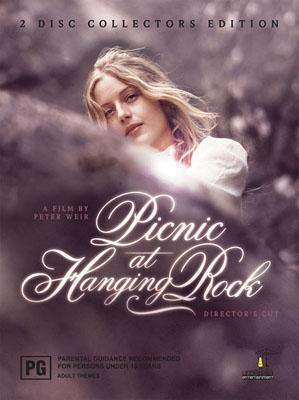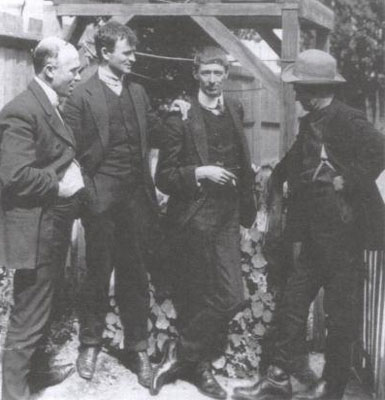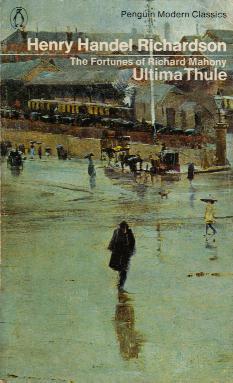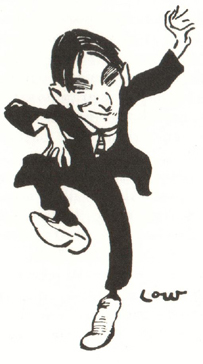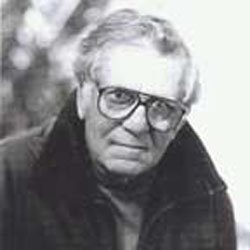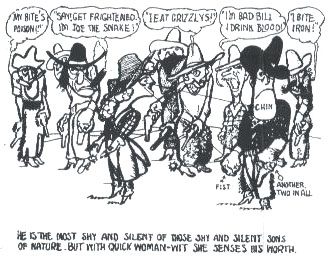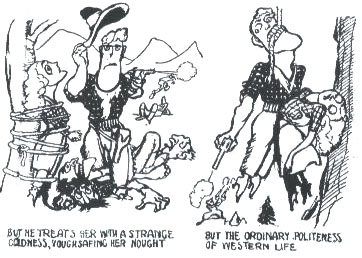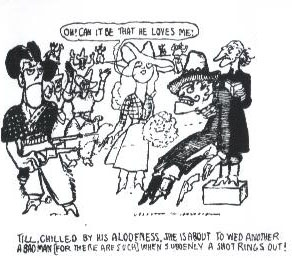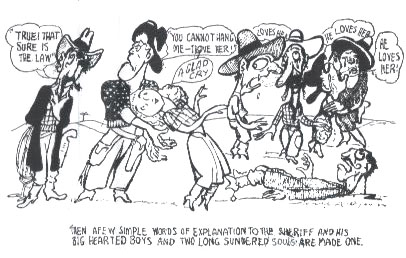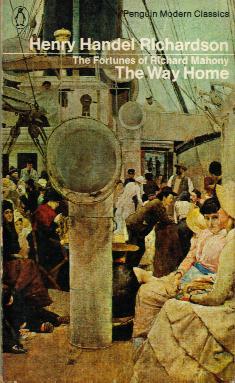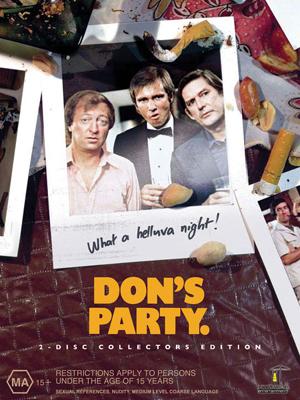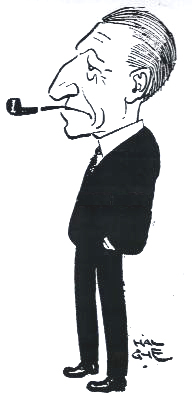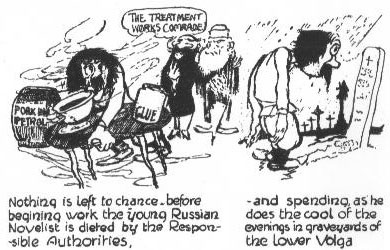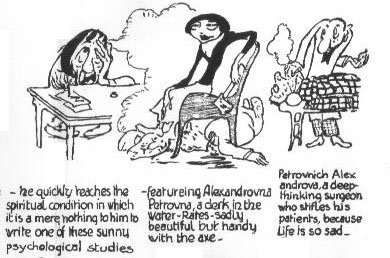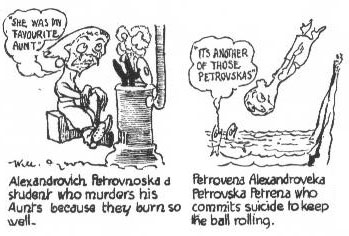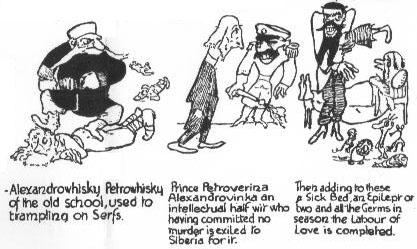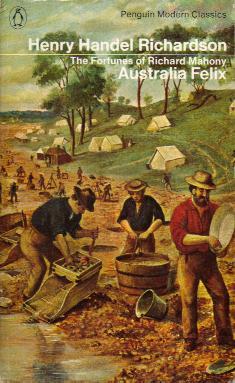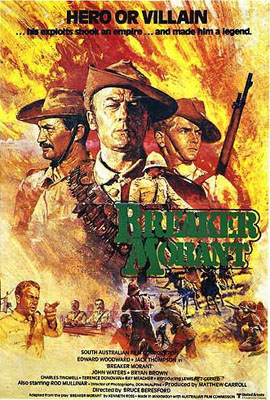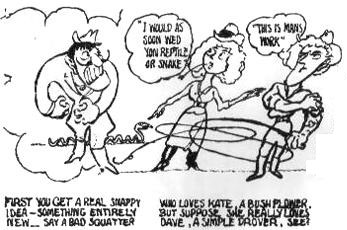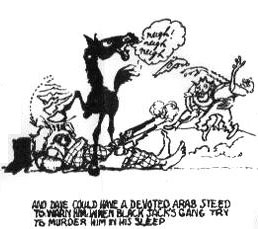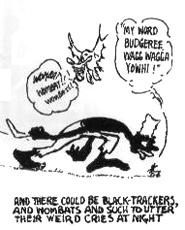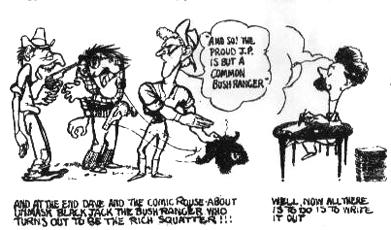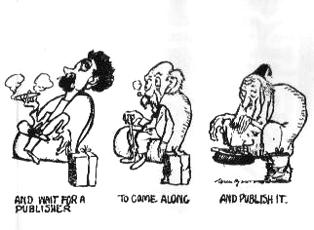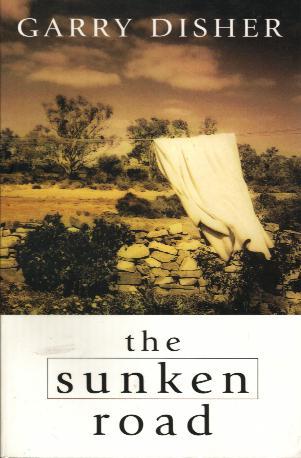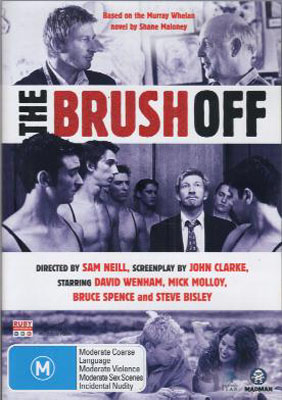The Age
Margaret Simons takes a long look at Whose ABC? The Australian Broadcasting Corporation 1983-2006 by Ken Inglis, and a detailed look it is too. She begins by regretting the fact that Inglis finished his narrative when he did, at the appontment of the new managing director and just before the appointment of Keith Windschuttle to the board. But he had to end it somewhere, and, anyway, as Simons puts it "History repeats itself. In every chapter, Inglis chronicles the strains between Aunty and the governments that fund her. The tensions between chasing ratings and caring for quality are on almost every page. So too the debate over whether the ABC should take advertising or sponsorship. So too the political stacking of the ABC board by both sides of politics. One is tempted to think there is nothing new under the sun...Inglis' digest of the past is indispensable for the perspective it brings and for its underlining of a simple but indisputable fact: the ABC is far and away our most important cultural institution."
A new novel by Nick Earls is always to be savoured, according to Christopher Bantick, and his latest, Monica Bloom is no exception. "Strong narration is often a consistent feature of rites-of-passage fiction. The reason is palpably obvious. An individual on a life-altering journey, reflecting on experience, can be engaging while promoting a certain vicarious quality...Holden Caulfield's troubled ruminations in J.D. Salinger's The Catcher in the Rye, Billy Casper's fears in Barry Hines' A Kestrel for a Knave, and, more recently, Blue Black's pithy observations in Anson Cameron's Lies I Told About a Girl, present a first-person account of growing up. So it is with Nick Earls and Monica Bloom." Which puts it into rare company but "his is not a novel preoccupied with blame or hectoring a generation unfamiliar with Countdown or the Clash; Earls is way too subtle for that...The sense of loss that underpins his finely told story is leavened by the astringency of self discovery."
Jeff Sparrow is rather bemused by The Myth of the Great Depression by David Potts, wondering if "it's become something of a patriotic duty for historians to iron out unpleasant creases from Australia's past." Sparrow thinks there's some good stuff here, but there appears to an agenda as well. "David Potts writes well, and his book contains valuable information that will be debated by scholars. It's just a pity that The Myth of the Great Depression emerged in an era that encourages public historians to abandon nuance for polemical fervour."
Short notices are given to: Love Child by Fran Cusworth: "What a turn-up for the books - a first novel that is about something, is plot driven, has appealing characters and is often hysterically funny"; The Ashes: A Celebration by Roland Perry, who "picks the 10 events or matches that he reckons have had the greatest impact on the 100-year rivalry between Australia and England"; and Pilgrimage: A Traveller's Guide to Australia's Battlefields by Garrie Hutchinson: "Hutchinson really knows his subject, and he writes with just the right blend of detached precision and compassion: he is the clinical analyst of specific events and the pilgrim awed and humbled by acts of ordinary people in extraordinary times".
The Australian
Debra Adelaide spent some time as a judge of the AustralianVogel Award so she has some background when it comes to reviewing its winners. She was at first apprehensive about Andrew O'Connor's Tuvalu, but quickly warmed to it: "what a novel it is, full of illusion, teasing us with its inconclusiveness, spinning bleak, intense humour from the straw of failed and doomed relationships."
Christopher Bantick backs up his fiction review from the other paper with a look at Australia's Quarter Acre by Peter Timms in "The Australian", and it would be hard to get two books further apart: "the book is not about the reclamation of space or even apposite planting in accordance with climate change and pressing municipal water restrictions. Australia's Quarter Acre presents a chronology of the development of the Australian garden and what role it has in defining national taste."
Short notices are given to: Vale Byron Bay by Wayne Grogan who "rebuilds that hippie heaven with unerring detail"; Eagle on the Hill by Maggie Shannon: "Of a wider Australia beyond the [Murray] river we learn little, of the chaotic world beyond these shores almost nothing. The bigness here is determinedly local. Call it a big river romance"; Little Wing by Joanne Horniman: "One of Australia's finest writers, Joanne Horniman has an exquisite honesty in her words, which observe the smallest details...Every sentence is beautiful and necessary"; and Queenie, One Elephant's Story by Corrine Fenton, illustrated by Peter Gouldthorpe, is "a moving story of an animal whose natural inclinations are tamed by humans. Peter Gouldthorpe's illustrations bring this story to colourful life".
